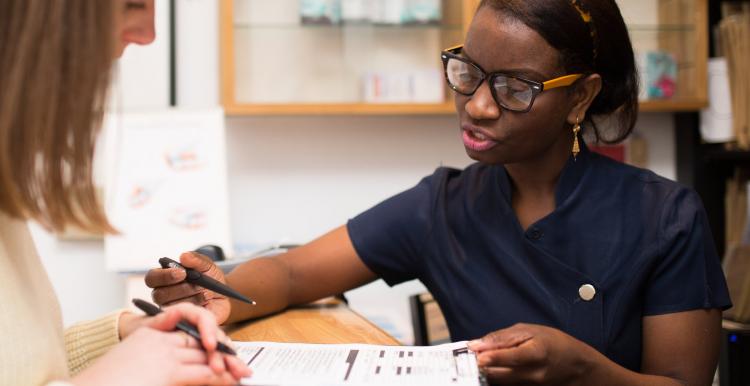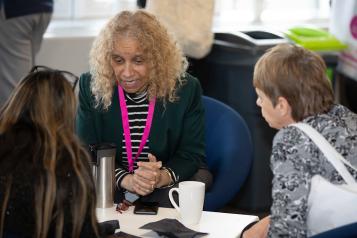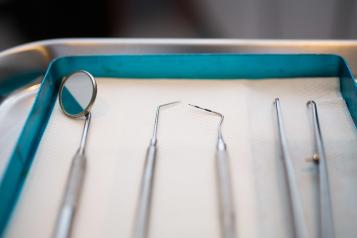New NHS waiting times figures - Healthwatch England's response

Two-thirds fewer people were waiting for more than two years for elective care in April, new figures have shown. As the National Health Service (NHS) continues to tackle long waiting lists, it’s important that NHSE and the government consider how to tackle the backlog to improve, not widen, inequalities.
Commenting on the latest NHS backlog data, Louise Ansari, national director at Healthwatch England said:
“It’s promising to see that more people who have been waiting on NHS lists for over two years are now receiving treatment.
As the NHS faces enormous pressures to reduce a record elective care waiting list, decision makers must consider how deprivation, gender and ethnicity affect people’s experience of waiting and use this to design solutions to tackle the backlog that improve inequalities.
Our latest research shows that if you are a woman, on a low income or from an ethnic minority background, you are more likely to wait longer for care and have a worse experience of waiting.
Ethnic minority respondents from lower income households are almost twice as likely to face a delay or cancellation compared to white British respondents with higher wealth (63% vs 38%). These groups have also been hit hardest when it comes to the impact long waits have on their mental health and wellbeing and their ability to work.
The message is clear – we need to focus on inequalities to address the backlog. We advise NHSE to work with patient organisations to provide more personalised care for those who have been waiting for treatment, often in pain and feeling forgotten. We also call for statutory sick pay, available for up to 28 weeks, to be extended for people not able to work because of NHS delays.”
Our latest research shows that if you are a woman, on a low income or from an ethnic minority background, you are more likely to wait longer for care and have a worse experience of waiting.


